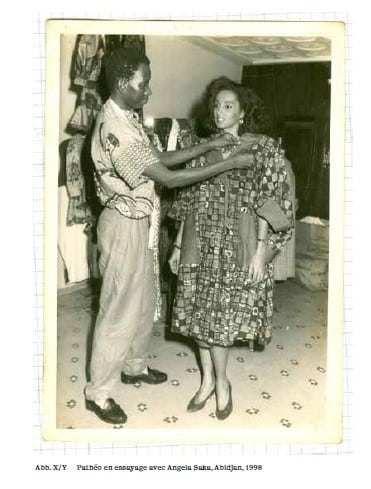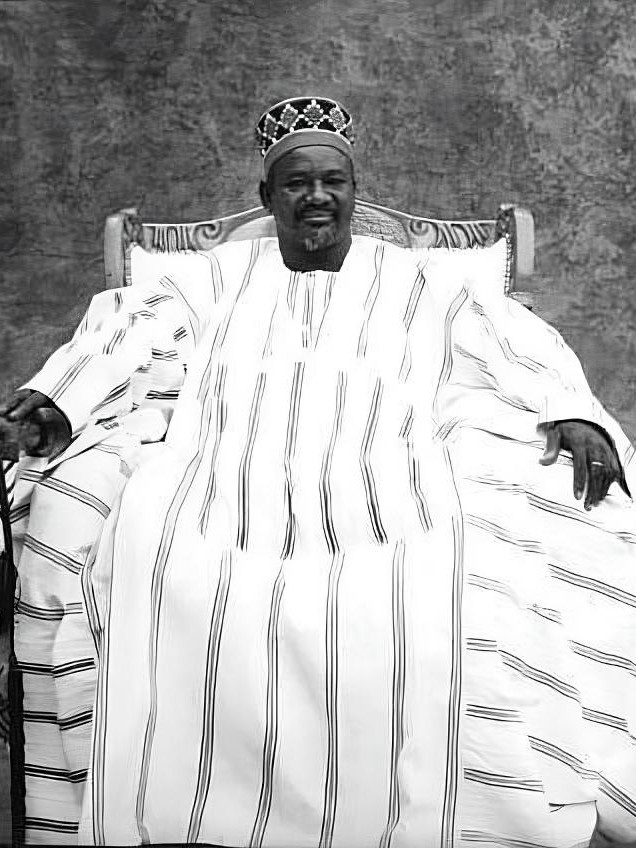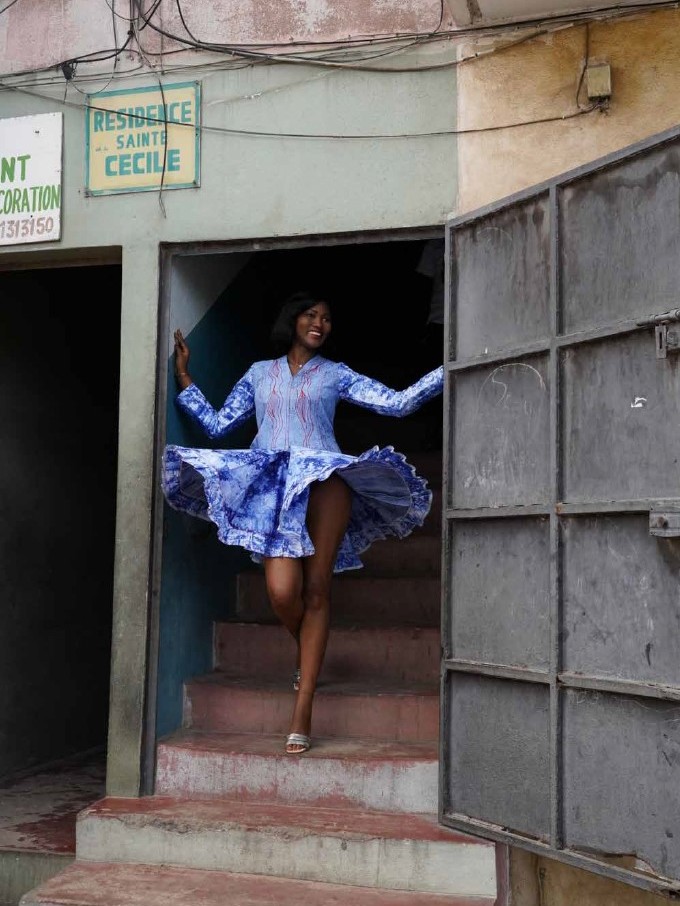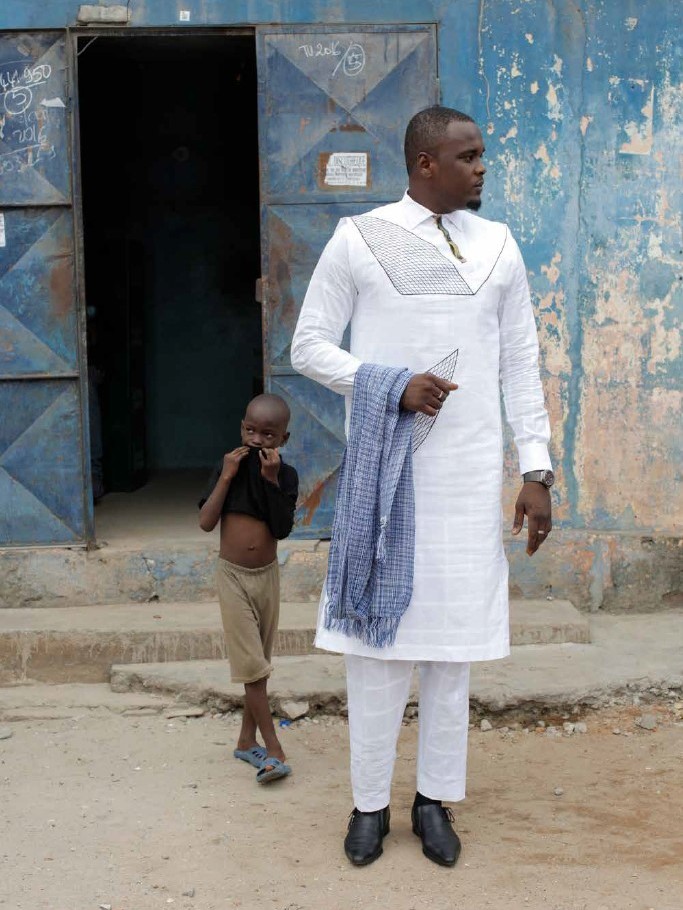FASO DAN FANI
Woven loincloth of the homeland
If ever there was a symbol of Burkinabe patriotism, it’s Faso dan Fani. In a country where the cultivation of non-genetically modified cotton is one of the country’s main sources of income, and where the tradition of weaving goes back a long way, these heavy cotton loincloths quickly became indispensable both for clothing and for furnishing and decorative fabrics.

“In all the villages of Burkina Faso, we know how to grow cotton. In all the villages, women know how to spin cotton, men know how to weave this thread into loincloths and other men know how to sew these loincloths into clothes. We must not be a slave to what others produce.”Thomas Sankara
When Captain Thomas Sankara came to power in the mid-1980s, Faso Dan Fani became a national symbol and a promoter of local know-how. Determined to promote the emancipation of women through work and the development of national production, Thomas Sankara issued a decree requiring his civil servants to wear Faso Dan Fani. “Wearing Faso Dan Fani is an economic, cultural and political act of defiance against imperialism”, said Thomas Sankara, whose political inspiration was essentially based on communism and anti-colonialism.
Although the daily use of this loincloth fell into disuse after Sankara’s death and the implementation of a much more liberal policy, the Faso Dan Fani has always remained the basis for the production of festive and ceremonial clothing, with the Naba – village chiefs – wearing it for every occasion. The first of these, the Mogho Naba, emperor of the Mossi, always wore a Faso Dan Fani when appearing in public or receiving audiences in his palace in Ouagadougou.
The revolution that took place in 2014, which ousted the dictator in place since the death of Sankara, raised an incredible wind of patriotism among Burkinabè. Roch Marc Christian Kaboré, President democratically elected at the end of 2015, brought the port of Faso Dan Fani up to date, himself wearing it at each of his appearances, including on official trips abroad. If the use of Dan Fani has not been made compulsory this time, it is however very favored. Each political demonstration sees the statesmen dressed in the traditional outfit woven in this heavy cotton, and the so-called “March 8” loincloth, published each year in honor of World Women’s Day for Equal Rights, and traditionally offered by all employers to their employees, is now from Faso Dan Fani.
Robust and natural, the Faso Dan Fani has become the symbol of a Nation proud of its roots and its know-how.



